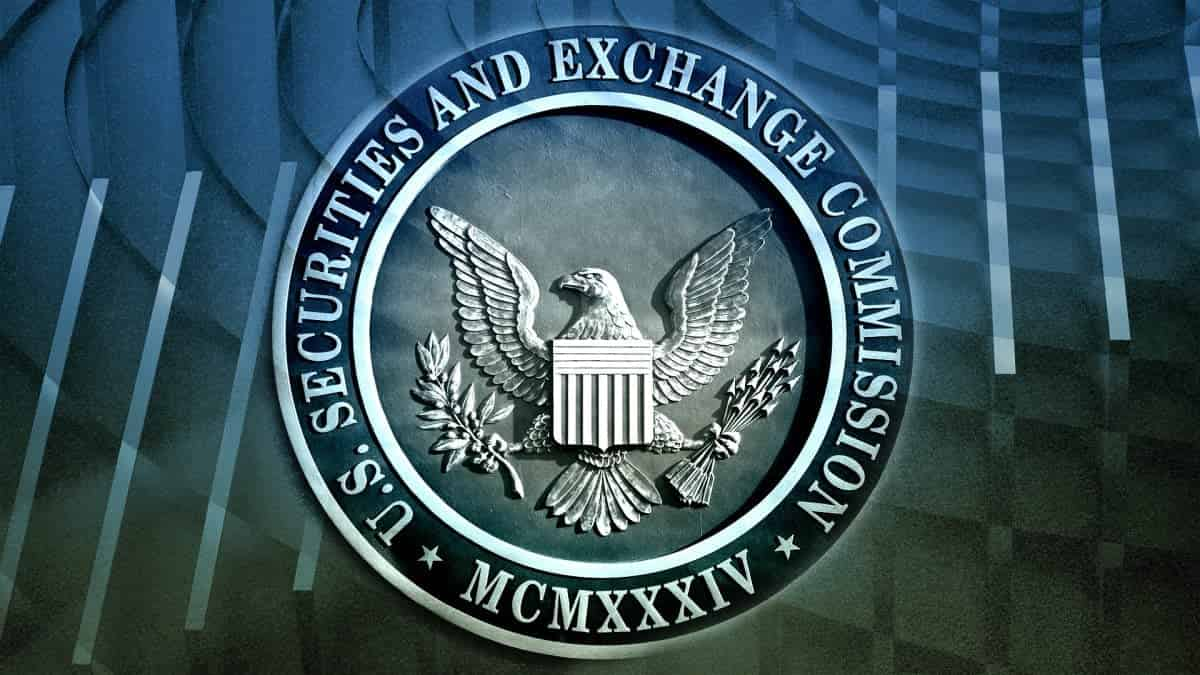SEC says proof-of-work mining does not implicate US securities laws
Quick Take SEC staff said that proof-of-work mining does not involve the offer and sale of securities. The SEC also addressed mining pools where they join pools to combine their processing power and share rewards.

The U.S. Securities and Exchange Commission clarified its stance on specific proof-of-work mining activities, the latest move for the agency as it transitions into a seemingly friendlier approach to the crypto industry.
In a statement released Thursday by the agency's division of corporation finance, SEC staff said that proof-of-work mining does not involve the offer and sale of securities.
"Accordingly, it is the Division’s view that participants in Mining Activities do not need to register transactions with the Commission under the Securities Act or fall within one of the Securities Act’s exemptions from registration in connection with these Mining Activities," the SEC said.
Over the past several weeks, the agency has been busy. Since President Donald Trump took office in January and following the leave of crypto-weary former SEC Chair Gary Gensler, the agency has rescinded controversial crypto accounting guidance, dropped enforcement actions against major crypto industry players, released a statement on memecoins and re-examined rules affecting crypto. Republican acting Chair Mark Uyeda has also created a crypto task force to be led by fellow Commissioner Hester Peirce that will meet on Friday to discuss "security status."
Proof-of-work is a type of consensus mechanism , another being proof-of-stake, that requires miners to expend computational efforts to solve cryptographic puzzles, effectively competing with other miners. The miner that succeeds is then rewarded with a certain amount of crypto. Bitcoin, the largest cryptocurrency by market capitalization, uses proof-of-work.
The SEC relied on the Howey Test — 1946 U.S. Supreme Court case frequently cited by the SEC to determine if an asset qualifies as an investment contract and, therefore, a security— to form its conclusion on Thursday. That test relies on four questions, whether — an investment of money, in a common enterprise, with the expectation of profits and derived from the efforts of others.
"A miner’s Self (or Solo) Mining is not undertaken with a reasonable expectation of profits to be derived from the entrepreneurial or managerial efforts of others," the SEC said. "Rather, a miner contributes its own computational resources, which secure the network and enable the miner to earn Rewards issued by the network in accordance with its software protocol."
The SEC also addressed mining pools where they join pools to combine their processing power and share rewards. Like mining itself, mining pools do not have an expectation of profits, the SEC said.
Cody Carbone, president of The Digital Chamber, said the staff statement was big news for bitcoin miners.
"This gives much-needed legal certainty and clears the path for the mining industry to grow in the U.S.," Carbone said in a post on X.
Disclaimer: The content of this article solely reflects the author's opinion and does not represent the platform in any capacity. This article is not intended to serve as a reference for making investment decisions.
You may also like
Big Move Ahead: SUI Gains 7% as Price Eyes Breakout Above $3.88

Altseason in Jeopardy: Altcoin OI Surpasses Bitcoin for 3rd Time—Top 5 Tokens Still Worth Holding

Top Trader Shifts Profits Into Fresh Altcoins After 100% Surge—4 Best Tokens to Hold Now

PEPE Price Action Stabilizes Above Support, Eyes Next Move Toward $0.0000147

